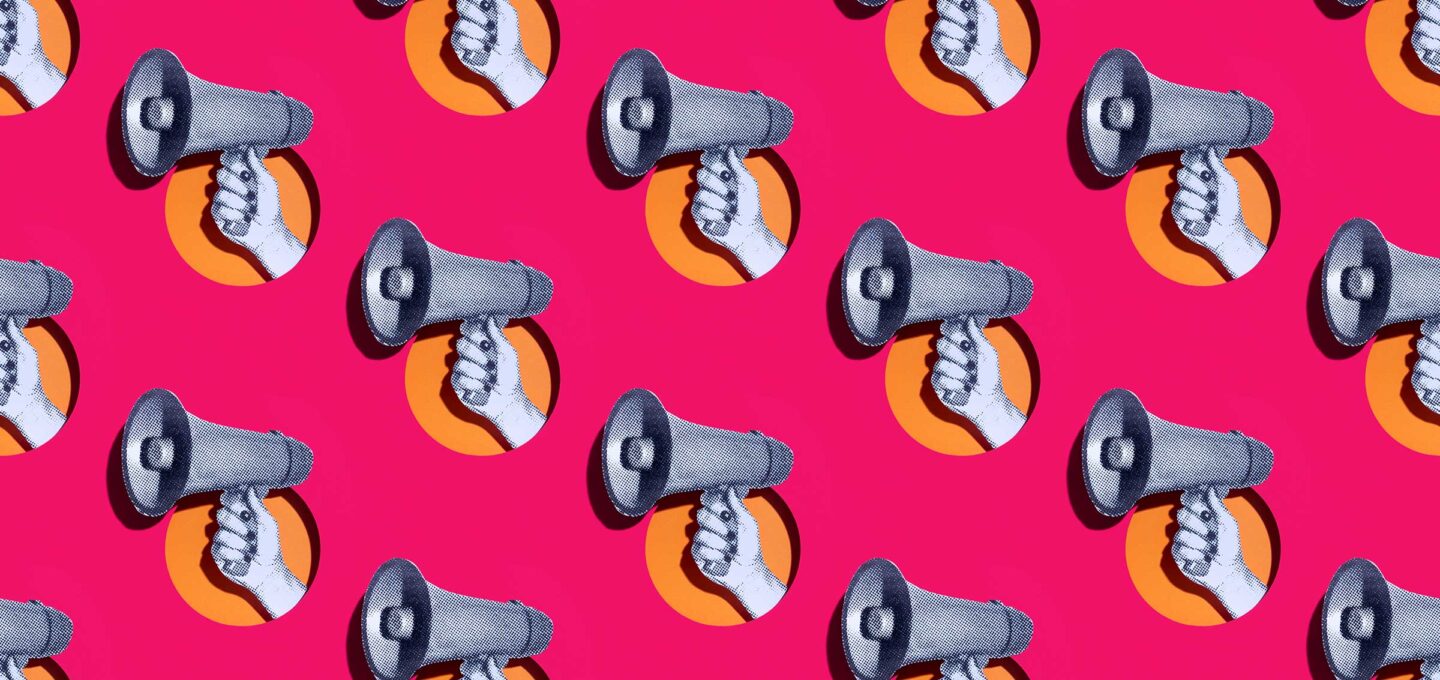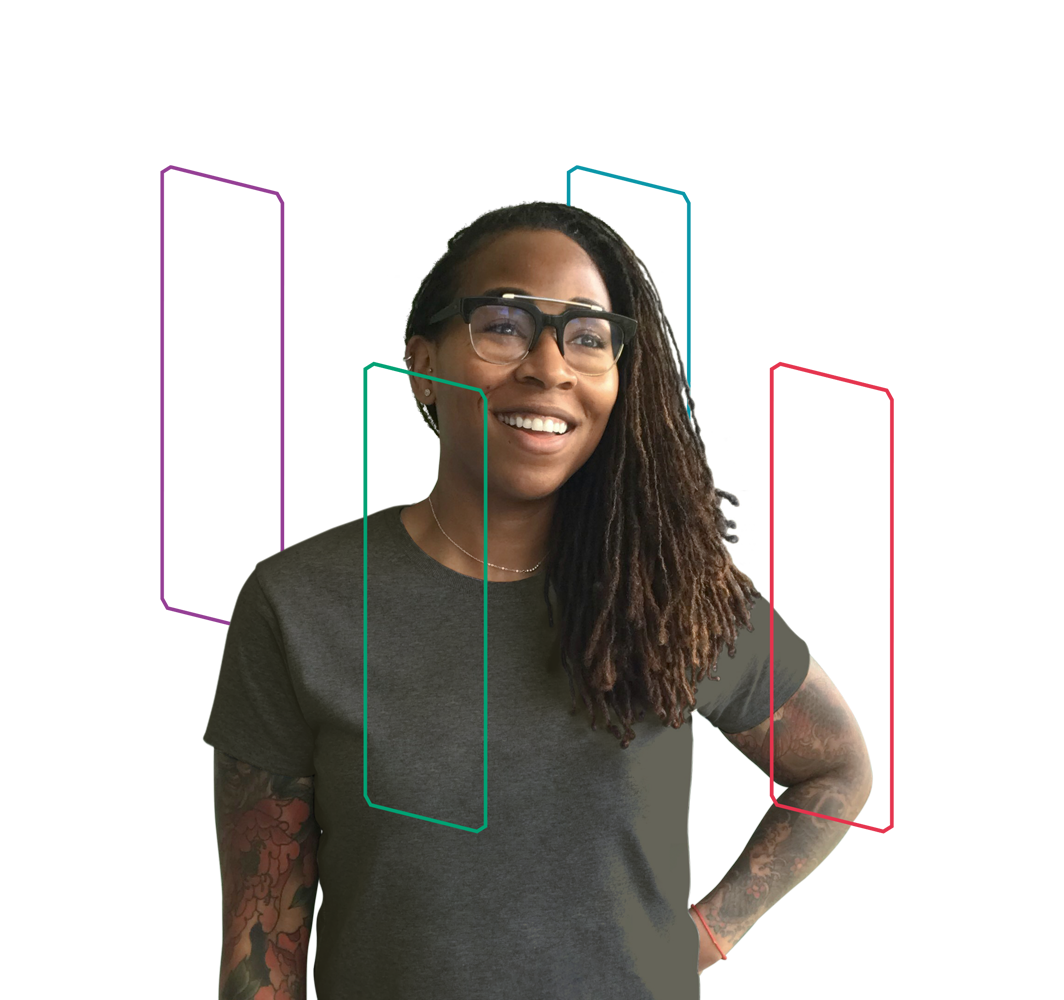We first met Lorie Brown, the founder of Empowered Nurses, when she released a “COVID-19 Survival Guide” for nurses and other medical workers on the frontlines of the crisis.
As a nurse working at St. John’s Hospital in Santa Monica, California during the peak of the AIDS epidemic, Lorie understands the mental toll of being on the front lines of a major health crisis. Today Lorie combines her nursing knowledge with a law degree and has a thriving practice focused on providing counsel to nurses who are going before their licensing boards. She launched Empowered Nurses to educate nurses about how to protect their licenses, which is especially important during these times of crisis, when uncertainty abounds.
In short, she’s an extremely strong advocate for nurses using their voices to improve the profession – and that’s got SHIFT written all over it. We talked to Lorie about the importance of nursing advocacy and understanding the true impact of COVID-19, especially for nurses working on the front lines.
SHIFT: How did you transition from nursing to law?
Lorie: I went into nursing to help people – and now as a lawyer I still get to help people, but in a different way. As I was a nurse, I was an advocate for my profession. Now in law, I get to be an even stronger advocate. I always say nursing and the legal profession have more in common than you might think. When you assess a patient, you don’t immediately know their diagnosis. We as nurses have to assess, plan, intervene and evaluate. This same process is used in law. A client doesn’t walk into my office with a sign that says “negligence” or “breach of contract.” It’s up to me as the attorney to discover their need, develop a plan, and then implement and evaluate it.
SHIFT: Why do you see such a need, especially now, for nurse advocacy, legally and otherwise?
Lorie: Nursing is still so often seen as an expense center, which I would love to see change. It’s a challenging profession by nature, and nurses are continuously at risk of complaint, censure, and risks to their licenses. Nurses who speak up are often targeted or seen as “complainers,” or “squeaky wheels.” I’d like to see nurses speak their minds without facing repercussions, and I’d like to see nurses valued and appreciated for what they do much more often. This is, in part, why I created the ‘Empowered Nurses’ Bill of Rights.’ Nurses have the right to speak their mind, have reasonable assignments, and go home feeling like they did a good job, with adequate staffing, acknowledgement, and respect – among other things.
SHIFT: What have you seen change during COVID-19?
Lorie: Who knew when the World Health Organization announced that 2020 would be the Year of the Nurse and Midwife that nurses would be at the epicenter of a pandemic? I thought with nurses being the heroes of COVID-19–being on the front line giving their heart and minds every day, risking their lives and families–that some of the systemic issues they face would get a little bit better, but I’m not seeing that, unfortunately. In many cases, nurses are actually being treated as disposable. The virus has also raised several workplace safety issues, including lack of PPE and appropriate testing and quarantining of health care workers. This is a whole new world that we now have to navigate, and with very few rules and little guidance.
SHIFT: What are your concerns as we move into the ensuing waves of the pandemic?
Lorie: I’m concerned about the long-term impact. Nurses saw patients die alone, without their family members, without anybody but them to hold these patients’ hands. It takes a huge toll. Where is the help for the nurses? Where is the support for the nurses who have witnessed horrific things, and how do they get to process their feelings? This is one reason I created the COVID-19 Survival Guide—it’s important to me that nurses know PTSD Is real and that you can ask for help and get it if you need it. Many nurses have also been furloughed as hospitals have lost money, and the nurses who are still working are being asked to do more with less. Nurses are at the epicenter of this virus. It’s never been more important for them to advocate for their safety, as well as support to deal with the stress and daily demands of helping and treating COVID-19 patients.
We’ll keep the conversation going about all of the ways that nurses need to be supported—now and into the future. If you have questions, post them on our Facebook or Instagram pages.


